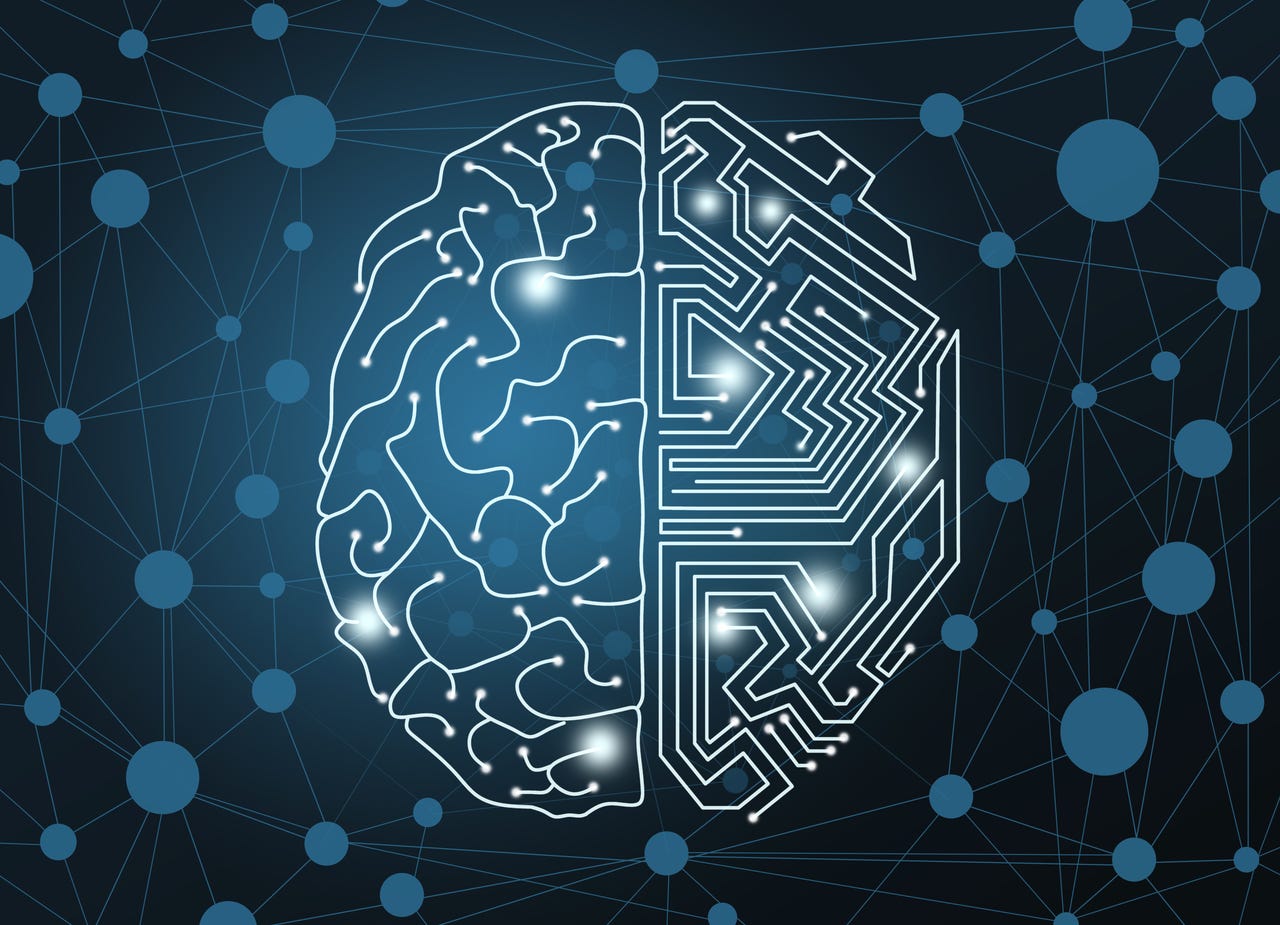
Generative AI may be an impressive productivity tool, but IT and business users alike need to beware that it is also complicating work-lives and business processes as well. That’s the warning from the authors of a new IEEE study, which cautions that “using AI isn’t as easy as it seems.”
The findings of the survey, conducted among 350 global technology executives leaders in September, assert that while just about every company wants to harness AI’s potential, there’s a need for education and organizational preparation along the way.
Also: I spent a weekend with Amazon’s free AI courses, and highly recommend you do too
Despite any obstacles, there is a massive movement to AI. Seventy percent indicated they had introduced or were planning to introduce tools that used natural language processing in the coming year, up from 67% in the previous year’s survey. Top use cases for AI in the coming year include real-time cybersecurity, increasing supply chain efficiency, aiding and accelerating software development, automating customer service, and speeding up screening of job applicants.
Still, moving to AI will not happen overnight. “Integrating AI into existing work isn’t as straightforward as flipping a switch,” the study’s authors point out. Think back to many previous so-called easy-to-implement technologies — from cloud computing to IoT devices — that have “often been met with mixed success.” If anything, digital transformation initiatives “have astoundingly high failure rates, meaning they didn’t meet expectations, exceeded costs, blew through deadlines or in some cases were abandoned.”
This is a potential not-so-glamorous future for AI as well — if anything, “introducing advanced technology like AI may be more difficult,” the researchers suggest.
Close to six in ten executives, 59%, feared becoming too dependent on AI for important decisions and processes, citing “overreliance on AI and potential inaccuracies” as a top concern of AI use in their organizations.
Also: AI and automation: Business leaders adopt small-scale solutions for greater impact
The next leading concern, cited by 50%, is difficulties in sharing knowledge and training employees. Executives said they are worried about their companies’ ability to tap the “institutional knowledge of current professionals to train newcomers.”
Close to half, 47%, said that difficulty integrating AI into existing workflows is one of their top concerns when it comes to using generative AI over the coming year.
The quality of training data is another issue that is arising as AI use accelerates, the IEEE report authors state. “AI systems need to be trained using data. But data sets are frequently made by people who can be biased or inaccurate. As a result, AI systems can perpetuate biases.” Verifying training data is difficult “because the provenance is not available and volume of the training data is enormous,” according to Paul Nikolich, IEEE life fellow.
Also: Here’s how to create your own custom chatbots using ChatGPT
Generative AI is still relatively new, with few people with appropriate expertise. Executives were asked to list the top skills they sought in candidates for AI-related roles. A variety of technical skills comprised the list, but various soft skills also ranked high.
“Prompt engineering, creative thinking and the ability to verify AI’s deliverables — these three skills are what you need to generate meaningful outcomes with the aid of generative AI,” said Yu Yuan, senior member of IEEE, quoted in the report.
Ironically, more AI is needed to build AI. “One of the biggest bottlenecks in technology is the availability of human resources for coding,” according to Carmelo José Albanez Bastos Filho, an IEEE senior member. “In many cases, there is intellectual work with high added value, but many of the software development activities are relatively simple and should be automated soon.”







